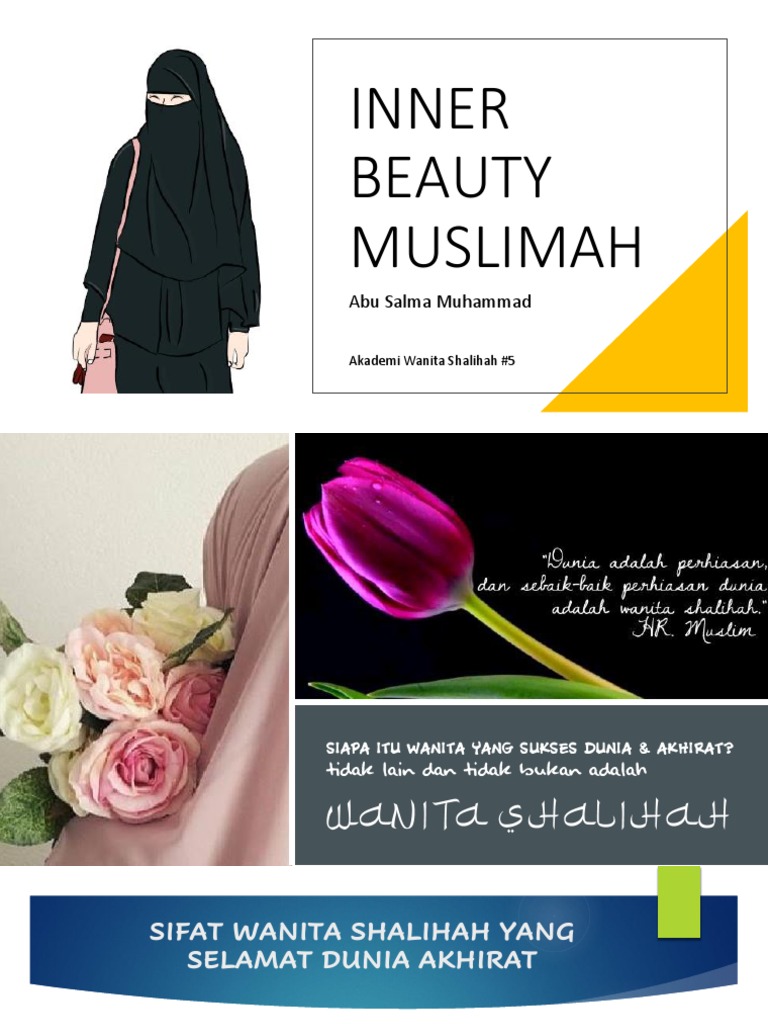In a world where external appearances often conflate with self-worth, the teachings of the Bahá’í Faith provide an enlightening antidote. The pursuit of inner beauty is not merely a personal endeavor but a holistic approach to life encompassing moral, spiritual, and community dimensions. This guide aims to elucidate Bahá’í principles that inspire the cultivation of inner beauty, promising a profound shift in perspective that resonates deeply within both the individual and collective realms.
At the heart of Bahá’í teachings is the principle of the oneness of humanity. This tenet urges individuals to transcend superficial markers of identity such as race, nationality, or social class and to recognize the shared essence of all human beings. Inner beauty flourishes when one acknowledges their interconnectedness with others. The recognition that each person harbors divine attributes ignites compassion and empathy, fostering a more profound appreciation for the intrinsic value of every individual. Such an acknowledgment cultivates a fertile ground for the development of virtues, the primary building blocks of inner beauty.
The Bahá’í Faith emphasizes the significance of virtues as essential qualities that contribute to one’s character. Virtues such as kindness, humility, patience, and honesty are not merely aspirational but serve as practical tools in the quest for inner beauty. Developing virtues begins with self-reflection and intentionality. Individuals are encouraged to engage in introspective practices that foster a deeper understanding of oneself and the virtues they wish to embody. This transformative journey often requires one to confront the more challenging aspects of their nature, yet it is through this cathartic process that genuine beauty emerges.
Furthermore, the Bahá’í teachings articulate the importance of intentional action in cultivating inner beauty. Observing the world with a lens of appreciation and gratitude can significantly alter one’s outlook. The act of serving others becomes an expression of love and devotion, which enhances one’s inner state. Engagement in community service and collaborative endeavors fosters a sense of belonging and purpose. In this context, inner beauty is not an isolated trait but a communal experience, contributing to the greater good and uplifting societies.
Another facet of fostering inner beauty is the emphasis on education and knowledge. Bahá’í teachings advocate for the pursuit of knowledge as a means to empower individuals and communities. Education cultivates critical thinking, broadens perspectives, and enables individuals to comprehend the complexities of the world. Ultimately, a well-informed individual possesses the tools to make thoughtful contributions towards societal progress, serving as a beacon of inner beauty through their insights and actions. The pursuit of knowledge should not only be academic; it encompasses spiritual and moral education, forging a well-rounded individual equipped with diverse skills and ethical grounding.
Simplicity is also a guiding principle in the Bahá’í Faith, promoting the idea that a simple life can lead to genuine happiness and inner peace. In a consumer-driven society, the allure of material possessions can distract from the pursuit of meaningful existence. By embracing simplicity, one can focus on the essentials—developing spiritual virtues and nurturing relationships—rather than being ensnared in the relentless chase for material wealth. This paradigm shift encourages individuals to seek joy and fulfillment from within, rather than from external sources.
Moreover, the practice of prayer and meditation is integral to the Bahá’í Faith and serves as a conduit for fostering inner beauty. Engaging in regular spiritual practices facilitates a direct connection with the divine, enabling individuals to cultivate inner tranquility and resilience. These moments of stillness allow one to reflect on their values, aspirations, and the individual traits that deserve nurturing. Through prayer and meditation, individuals harness the power of contemplation, which cultivates a fertile environment for personal growth and the realization of one’s innate beauty.
A critical component of Bahá’í teachings is the acknowledgment of the dual nature of humanity, embodying both a physical and spiritual essence. Inner beauty arises when individuals strive to align their physical actions with their spiritual ideals. By living authentically in accordance with their higher selves, individuals develop coherence and integrity, which enhances their inner allure. This alignment fosters a magnetic presence that draws others towards the individual, resulting in a community anchored in love, honor, and respect.
To fully actualize inner beauty, one must engage in the practice of forgiveness. Holding onto grudges and resentments inhibits personal growth, marring the spirit and creating barriers to experiencing life’s beauty. The Bahá’í teachings place significant importance on the power of forgiveness, both towards oneself and others. This liberating act fosters emotional healing and fosters relationships grounded in trust and understanding. As one cultivates forgiveness, their inner state transforms, reflecting purity and beauty both inwardly and outwardly.
The journey towards inner beauty requires dedication and a willingness to evolve upon the path. It involves embracing virtues, engaging with the community, pursuing knowledge, maintaining simplicity, and forging a spiritual connection—all foundational elements in the Bahá’í perspective. This transformative approach does not promise superficial charm, but a profound resonance that captures the essence of humanity’s shared experience and destiny. The inner beauty cultivated through these teachings urges individuals to transcend the mundane, inspiring a collective movement towards a more compassionate and understanding world.
